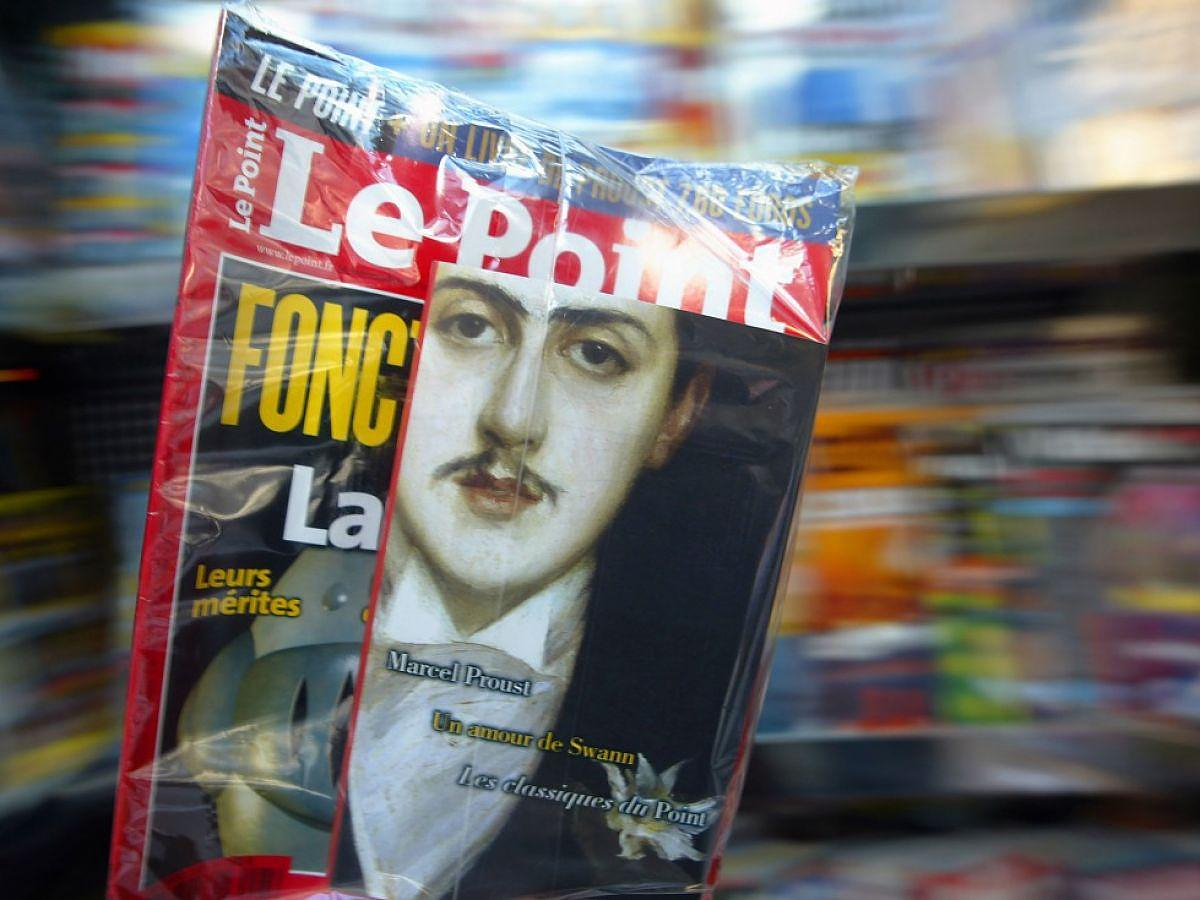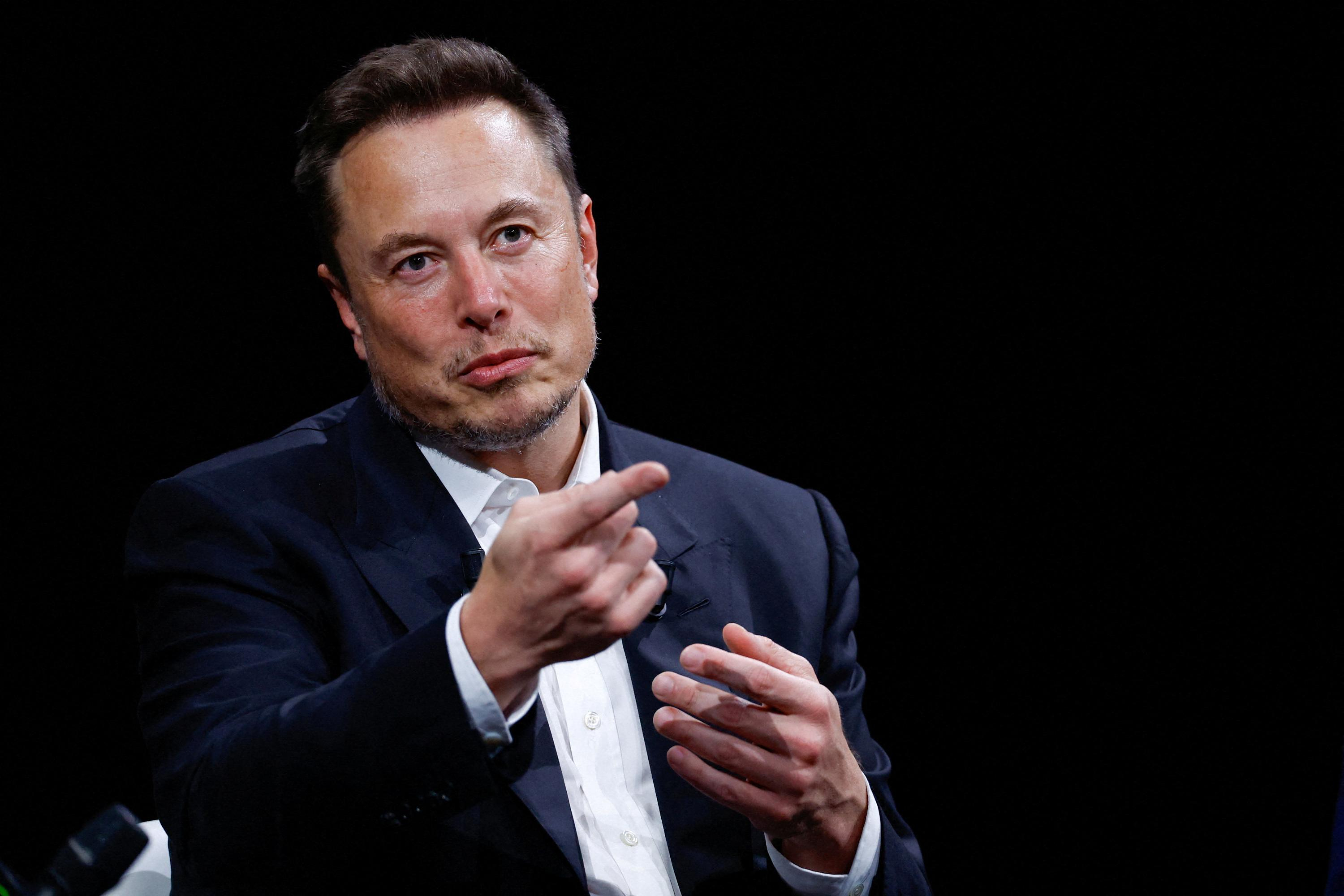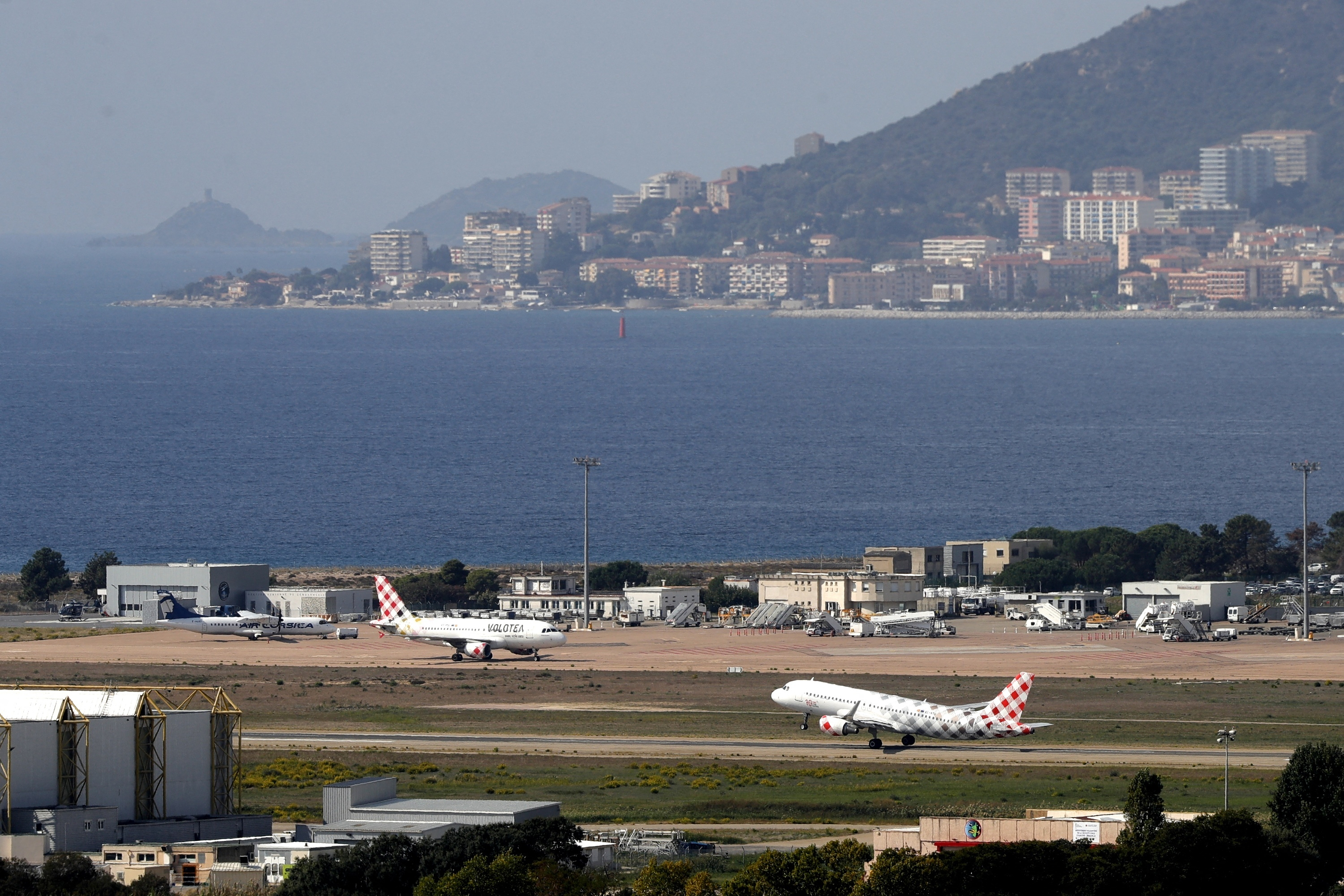It was supposed to be a fresh start, the first Anglo-French summit after a five-year break, but for British Prime Minister Rishi Sunak it was above all an opportunity to show results on the fight against migration and send a clear signal: London wants Paris more in the next three years transfer more than half a billion euros for the fight against illegal migration, against gangs of people smugglers and so-called "small boats". This more than doubles the annual payments.
At a joint press conference with French President Emmanuel Macron at the Elysée Palace, Sunak seemingly casually mentioned a joint British-French detention center in northern France. It remains unclear what that means exactly. Sunak probably intends to detain migrants in France and send them back directly to their countries of origin or safe third countries. The British press release spoke of removing migrants "from the French coast".
We stop the boats, "we stop the boats," Sunak promised earlier this year. After he announced a draconian asylum law revision in London on Wednesday, which is intended to deter migrants from crossing the English Channel, he followed suit in Paris. Anyone who enters the UK illegally should no longer be able to apply for asylum in the UK.
London will immediately deport migrants to their countries of origin or safe third countries. The right to asylum could possibly be examined in an internment camp on French soil. It remained completely unclear on Friday whether such a camp is legally possible and what the consequences of the project would be on other EU borders.
Although Macron's relationship with Sunak seems more relaxed than that with his predecessors - Sunak referred to Macron as "mon ami" - this time the accusation was made that Paris was not doing enough to prevent migrants from making the life-threatening crossing. But anyone who visits Calais feels transported to the German-German border in the northern French port city long before the fall of the Berlin Wall: Kilometers of fences, walls and barbed wire keep migrants away from the port facility and the entrance to the Eurotunnel.
It is more difficult to monitor the 120km of Côte d'Opale coastline between Dunkirk and the Belgian border, where the distance to the British coast is sometimes as little as 34km. In addition to the construction of a detention center, the 541 million euros will also finance a new command center, 500 additional border guards, drones and surveillance technology.
French President Macron only mentioned the migration issue at the end of the joint press conference. France is doing "efficient work", stressed Macron. More than 1,300 boats were prevented from crossing the English Channel last year alone. Thanks to the cooperation of the British and French secret services, 55 smuggling gangs have been broken up. Shortly before, Sunak had calculated that 46,000 people made the crossing last year.
Paris had previously refused to take back migrants who had illegally entered Great Britain from France because this contradicted the rules of European migration policy. Macron said France cannot negotiate an agreement with Britain alone, that is an EU matter.
After Brexit, Great Britain can no longer apply the Dublin regulation that applies in the EU, according to which migrants can be sent back to another EU country if they have already stopped there on their flight. Channeling migration must be tackled jointly by all European countries.
This should include transit countries as well as countries from which the smugglers who organized the crossing of migrants in rubber boats across the English Channel operated, according to Macron. Sunak also acknowledged that illegal migration is not a Franco-British phenomenon, but one that affects everyone.
The problem has existed on the French English Channel coast for decades. At the end of 2015, Macron's predecessor François Hollande decided to close the so-called "jungle", the illegal migrant camp in Calais. Thousands of migrants were then distributed to reception centers across the country. Since then, migrants have been hiding in forests or behind dunes. Their makeshift shelters and tents are regularly destroyed or confiscated by French police officers.
But the migrants stay because their only wish is to cross over to Britain. The announcement of the new migration law will probably not discourage them either. The French human rights organization "France terre d'asile" sharply criticized the joint announcements: "Under the cloak of a 'partnership' we are witnessing the gradual externalization of the UK's migration policy to France," said a spokesman for the French NGO.

 His body naturally produces alcohol, he is acquitted after a drunk driving conviction
His body naturally produces alcohol, he is acquitted after a drunk driving conviction Who is David Pecker, the first key witness in Donald Trump's trial?
Who is David Pecker, the first key witness in Donald Trump's trial? What does the law on the expulsion of migrants to Rwanda adopted by the British Parliament contain?
What does the law on the expulsion of migrants to Rwanda adopted by the British Parliament contain? The shadow of Chinese espionage hangs over Westminster
The shadow of Chinese espionage hangs over Westminster What High Blood Pressure Does to Your Body (And Why It Should Be Treated)
What High Blood Pressure Does to Your Body (And Why It Should Be Treated) Vaccination in France has progressed in 2023, rejoices Public Health France
Vaccination in France has progressed in 2023, rejoices Public Health France Food additives suspected of promoting cardiovascular diseases
Food additives suspected of promoting cardiovascular diseases “Even morphine doesn’t work”: Léane, 17, victim of the adverse effects of an antibiotic
“Even morphine doesn’t work”: Léane, 17, victim of the adverse effects of an antibiotic Collection of booklet A stalls in March
Collection of booklet A stalls in March Kering expects a 40 to 45% drop in operating profit in the first half
Kering expects a 40 to 45% drop in operating profit in the first half Smartphones, televisions, household appliances… MEPs adopt a “right to repair”
Smartphones, televisions, household appliances… MEPs adopt a “right to repair” Fintechs increasingly focused on business services
Fintechs increasingly focused on business services The standoff between the organizers of Vieilles Charrues and the elected officials of Carhaix threatens the festival
The standoff between the organizers of Vieilles Charrues and the elected officials of Carhaix threatens the festival Strasbourg inaugurates a year of celebrations and debates as World Book Capital
Strasbourg inaugurates a year of celebrations and debates as World Book Capital Kendji Girac is “out of the woods” after his gunshot wound to the chest
Kendji Girac is “out of the woods” after his gunshot wound to the chest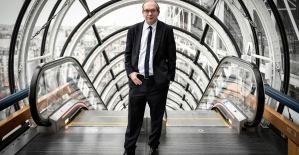 The Court of Auditors scrutinizes the management and projects of the Center Pompidou
The Court of Auditors scrutinizes the management and projects of the Center Pompidou Skoda Kodiaq 2024: a 'beast' plug-in hybrid SUV
Skoda Kodiaq 2024: a 'beast' plug-in hybrid SUV Tesla launches a new Model Y with 600 km of autonomy at a "more accessible price"
Tesla launches a new Model Y with 600 km of autonomy at a "more accessible price" The 10 best-selling cars in March 2024 in Spain: sales fall due to Easter
The 10 best-selling cars in March 2024 in Spain: sales fall due to Easter A private jet company buys more than 100 flying cars
A private jet company buys more than 100 flying cars This is how housing prices have changed in Spain in the last decade
This is how housing prices have changed in Spain in the last decade The home mortgage firm drops 10% in January and interest soars to 3.46%
The home mortgage firm drops 10% in January and interest soars to 3.46% The jewel of the Rocío de Nagüeles urbanization: a dream villa in Marbella
The jewel of the Rocío de Nagüeles urbanization: a dream villa in Marbella Rental prices grow by 7.3% in February: where does it go up and where does it go down?
Rental prices grow by 7.3% in February: where does it go up and where does it go down? Europeans: “All those who claim that we don’t need Europe are liars”, criticizes Bayrou
Europeans: “All those who claim that we don’t need Europe are liars”, criticizes Bayrou With the promise of a “real burst of authority”, Gabriel Attal provokes the ire of the opposition
With the promise of a “real burst of authority”, Gabriel Attal provokes the ire of the opposition Europeans: the schedule of debates to follow between now and June 9
Europeans: the schedule of debates to follow between now and June 9 Europeans: “In France, there is a left and there is a right,” assures Bellamy
Europeans: “In France, there is a left and there is a right,” assures Bellamy These French cities that will boycott the World Cup in Qatar
These French cities that will boycott the World Cup in Qatar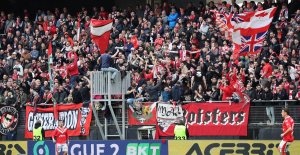 Football: VAFC supporters are ironic after their descent into National
Football: VAFC supporters are ironic after their descent into National Tennis: Carlos Alcaraz should play in Madrid
Tennis: Carlos Alcaraz should play in Madrid Football: victim of discomfort in the middle of a match in mid-April, Evan Ndicka will resume training with AS Roma
Football: victim of discomfort in the middle of a match in mid-April, Evan Ndicka will resume training with AS Roma Ligue 1: PSG almost champion, OM, shock for the C1… 5 reasons to follow an exciting evening
Ligue 1: PSG almost champion, OM, shock for the C1… 5 reasons to follow an exciting evening





